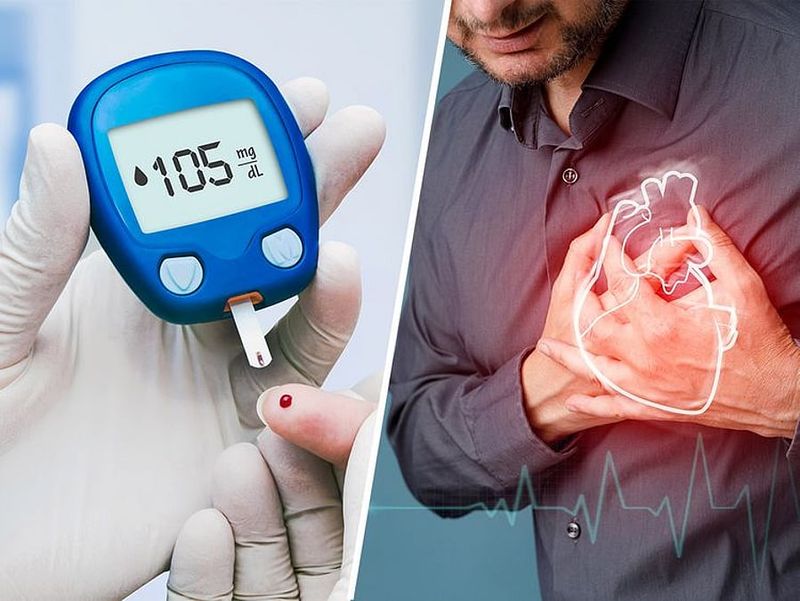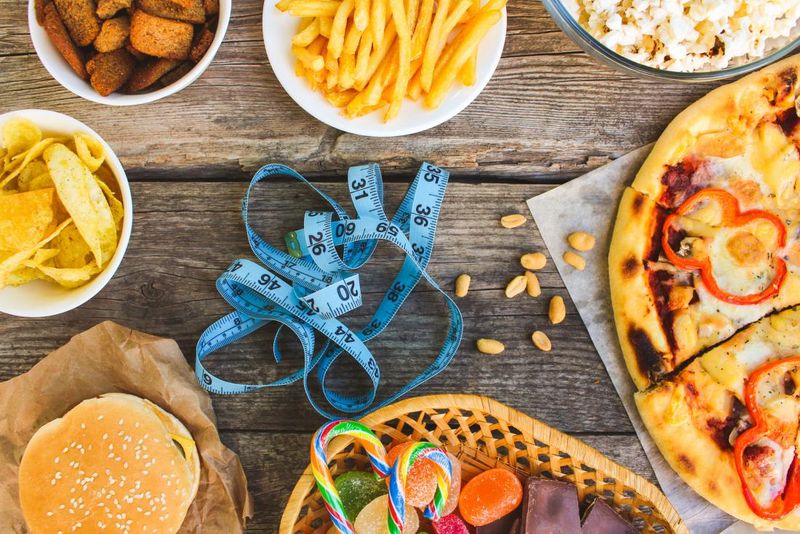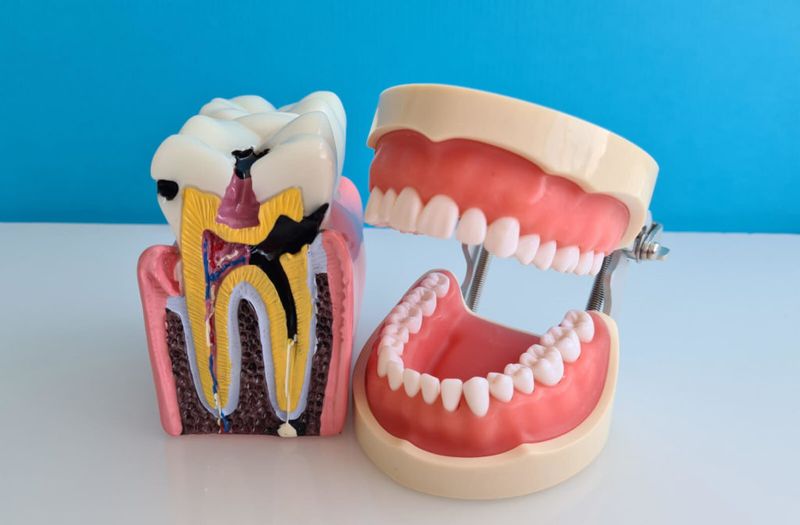Navigating the world of carbohydrates can be confusing. While they are a necessary part of a balanced diet, consuming too many can lead to a host of troubling symptoms. Here’s a list of eight warning signs that you might need to cut back on carbs.
1. High Blood Sugar
Picture this—you’ve started feeling more fatigued than usual, and it’s hard to pinpoint why. Elevated blood sugar levels might be the culprit. When you consume excessive carbohydrates, especially refined ones, your blood sugar can spike. This often results in those notorious energy crashes.
These fluctuations in blood glucose can create a rollercoaster of energy highs and lows. If you’re constantly battling bouts of exhaustion, it may be time to assess your carb intake. A visit to your healthcare provider can offer insights and help in formulating a balanced dietary plan.
2. Weight Gain
Feeling your clothes fitting a little too snugly? Unaccounted weight gain can often be attributed to a carb-heavy diet. Our bodies store excess carbohydrates as fat, leading to those dreaded extra pounds.
It’s not just about the numbers on the scale; it’s how you feel in your skin. You might notice increased cravings or a less energetic self. Reconsidering the amount of bread, pasta, and sugary snacks could be beneficial. Balancing carbs with proteins and fats might steer you back on track.
3. Low Energy
Dragging yourself through the day without a hint of energy can often be the result of consuming too many carbs, especially the refined kind. When blood sugar levels surge and then crash, it leads to fatigue that’s hard to shake off.
This cycle can negatively impact your productivity and mood. A nutritional shake-up might be the key to revitalizing your energy levels, making every day more vibrant and less of a slog.
4. Bloating and Constipation
Ever felt like your stomach is staging a rebellion? Eating too many carbs can lead to bloating and constipation. Certain carbs are harder to digest, causing gas and discomfort.
The bloating can make your favorite pair of jeans feel like a vice. A diet rich in fiber, fruits, and vegetables can ease these symptoms. Sometimes, it’s all about balance and moderation to keep your digestive system happy.
5. Never Feeling Satisfied
Do you often find yourself rummaging through the pantry after a meal? Eating too many refined carbs can leave you feeling perpetually hungry. They lack the staying power of protein and healthy fats, leading to frequent hunger pangs.
If this sounds familiar, consider adjusting your meals to include more whole foods. The satisfaction from a balanced meal can make all the difference in maintaining overall well-being.
6. Cavities
Sugar and starches from carbs can linger on your teeth, leading to cavities. If your dental visits are becoming more frequent, it might be time to reconsider your carb intake.
Cavities can cause discomfort and affect your smile. Substituting sugary snacks with healthier options can benefit your dental health. Regular brushing and flossing are also essential to combat this issue.
7. Skin Breakouts
The skin often mirrors what’s happening inside our bodies. A diet high in carbs can trigger insulin spikes, which may lead to breakouts. If your skin is acting up, it might be worthwhile to examine your eating habits.
Swapping processed foods for fresh produce can improve skin health. Taking care of your skin from the inside out can bring about a natural radiance that no cream can replicate.
8. Depression
Mood swings and feelings of depression might be linked to excessive carb consumption. These foods can cause sharp changes in blood sugar levels, impacting your emotional well-being.
Finding equilibrium in your diet is crucial for mental health. Incorporating more balanced meals can promote a more stable mood and a happier outlook on life. A little dietary mindfulness can go a long way.








Leave a comment